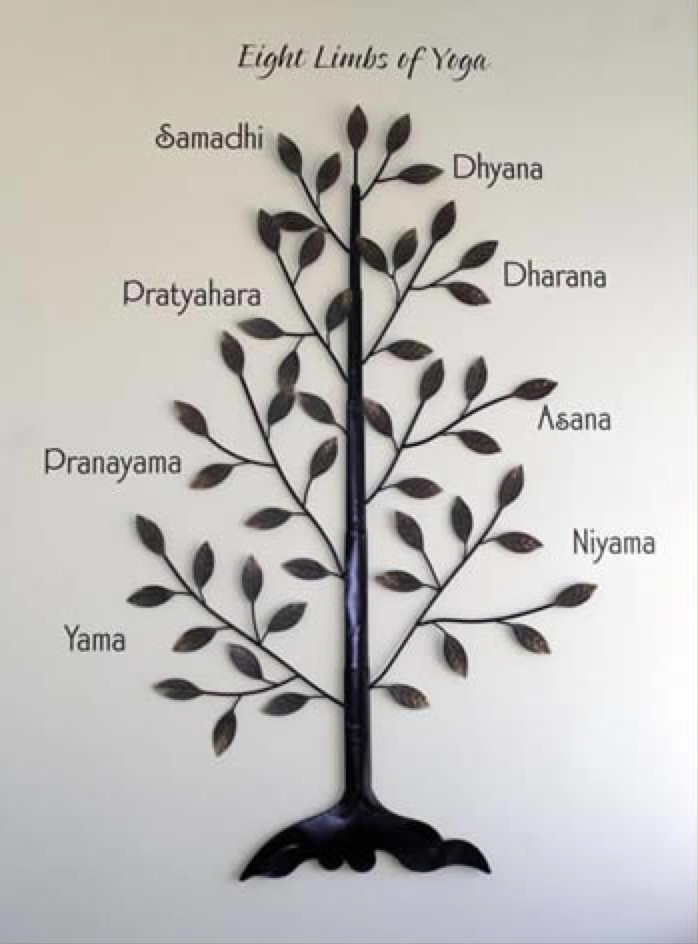Sections
Calculations
Current Muhurtas
In any daytime there are certain periods, which have special meaning.
Yama Ghantaka
{[kalams.yg.start]} - {[kalams.yg.end]}Rishi Vasishtha: "Yama Ghantaka should always be avoided in any Muhurta for auspicious (Shubha) activity". It is considered that any activity (especially travelling) started during the period of Yama Ghantaka pushes the one towards to death.
Abhijeet Muhurta
{[kalams.am.start]} - {[kalams.am.end]}Abhijit Muhurta is one of the most auspicious and powerful criteria for initiating all types of works.
Brahma Muhurta
{[kalams.bm.start]} - {[kalams.bm.end]}Brahma Muhurta is optimal for waking up as well as any activity connected to spiritual practices (such as Hatha Yoga, Dhyana (meditation), etc), creating, planning, projections etc.
Gulikā Kalām
{[kalams.gk.start]} - {[kalams.gk.end]}According to Jyotish knowledge Gulika Kalam is a very negative (Ashubha) period of time every day that should be shunned for all auspicious and beneficial activities.
Rahu Kalām
{[kalams.rk.start]} - {[kalams.rk.end]}According to Jyotish knowledge Rahu Kaalam is a very negative (Ashubha) period of time every day that should be shunned for all auspicious and beneficial activities.
Favorability
With help of our unique Favorability Chart You can evaluate favorability of any moment in time with help of numerous parameters of vedic astrology.
This particular chart shows overall favourability for today based on Your current location - Palmdale, California, United States. Vertical string denotes current moment of Dec 9, 2025, 10:22 AM.
Show detailed Favorability ChartSettings
Geolocation
Below You can find the information on geolocation used for all calculations on the VedicTime by default.
Horoscope
Settings of current section change the display of Janma Kundali (birth chart).
Graha Drishti (planet aspects)
Rashi Drishti (sign aspects)
Other settings
-
The importance of Yama & Niyama principles

Here and now – do something you have never done before. Even a bigger challenge – try to do something no one has ever done before! Create something that has never been created. These are those simple principles which are the basis of motivation in life. These are principles that give one a chance to feel unique and individuated.
The only considerable “BUT” – the one should follow the rule of 5 Yama and 5 Niyama while acting. Otherwise, without this basis, your actions are doomed to be just as useful as rending the air. The practice of Yama and Niyama principles largely keeps the mind from its intoxication by taste of grandeur… And, as a result, from the subsequent hangover after the fall. Why it happens so – it is a topic for a separate article. For now, just be sure, that the more you take all Yama and Niyama principles into account in your actions, the more benefits they will bring to everybody – both you and others around you. Those actions will be filled with the pursuit of Sattva (so-called Guna of “goodness and harmony") and your intention to follow the rules of the Nature. Moreover, following this way you will not just inflate your own Ahamkara (or so-called "false ego" or "false-self"), which some day will definitely burst into pieces, taking away everything you accomplished. Following Yama and Niyama principles you will be fulfilling your potential and reaching ultimate self-realization.
You're welcome to use this knowledge. And some day you will realize, that without it life has no meaning even in the smallest things. Here is the list of all Yama and Niyama, described in classic Patanjali Yoga-sutra, followed by VedicTime comments:
5 Yama (यम):
1. Ahimsa (अहिंसा) – the practice of ultimate non-violence principle (vegetarian food, absence of scandals (as a form of violence) in your speech, work, etc.);
2. Satya (सत्य) – adherence to the principle of truthfulness. This implies transparency in every sphere of human activity, as the most effective framework for achieving anything;
3. Asteya (अस्तेय) – the principle of non-stealing. Adherence to this principle implies the non-appropriation of anything, that does not belong to you in every aspect of your activities;
4. Brahmacharya (ब्रह्मचर्य) - the principle of self-discipline. Practice of Brahmacharya means control over desires, avoiding excesses, laxity and licentiousness in any of their manifestations;
5. Aparigraha (अपरिग्रह) - the principle of non-possessiveness. It involves a person's ability to possess something while being non-attached to things as well as "taking what is truly necessary and no more" © Wiki.
5 Niyama (नियम):
1. Shaucha (शौच) - adherence to the principle of "purity", both internal and external;
2. Santosha (संतोष) - adherence to the principle of satisfaction with the existing state of affairs in any form;
3. Tapas (तपस्) - the principle of asceticism; one should reject something in order to achieve the objectives, etc.;
4. Svadhyaya (स्वाध्याय) - adherence to the principle of self-studying and self-understanding, as well as constant studying of spiritual literature;
5. Ishvara-Pranidhana (ईश्वर-प्रणिधान) - the practice of taking God (Ishvara) as the only purpose in life.
Sincerely,
VedicTime.Com Team
